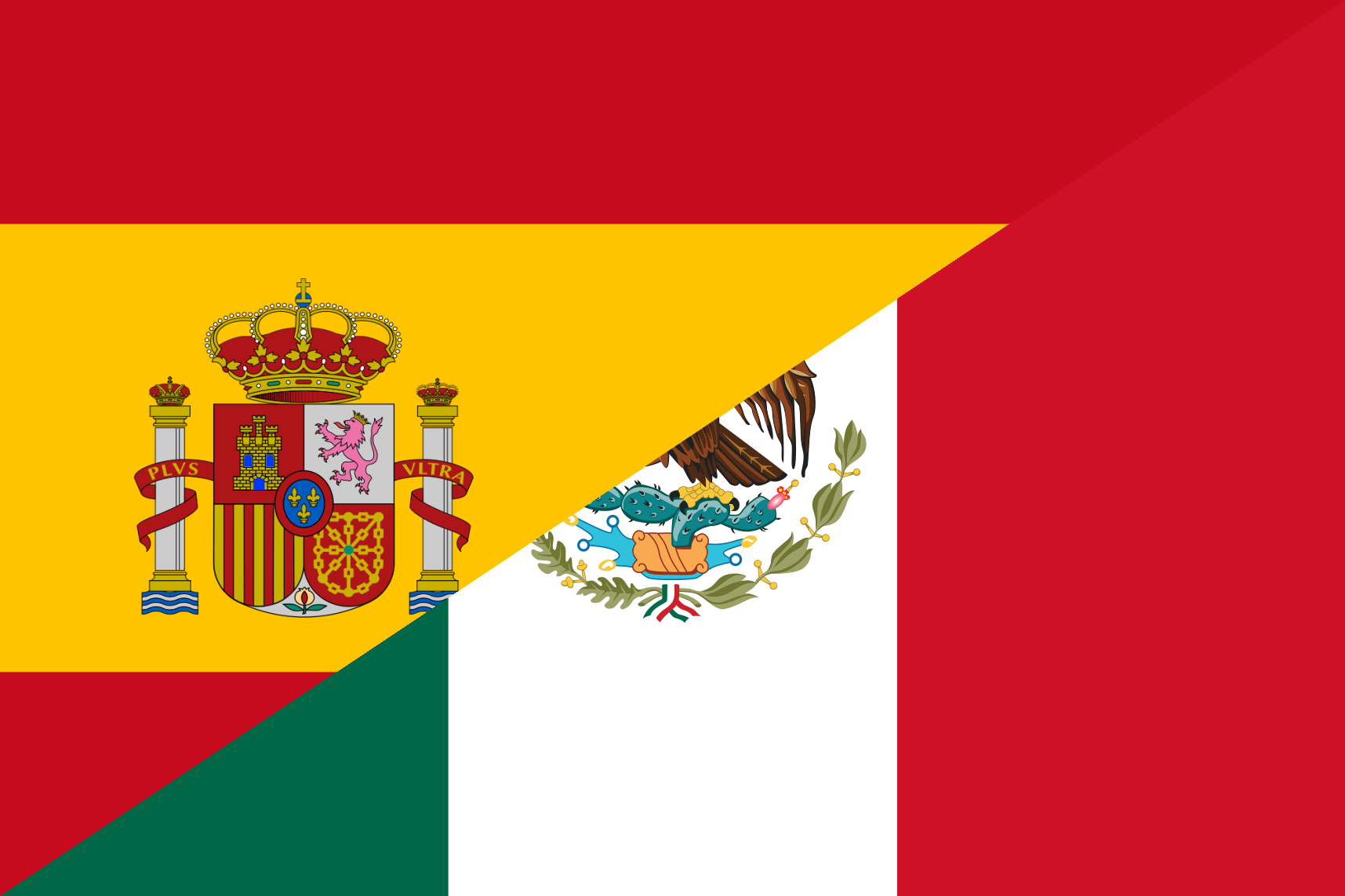tratar
(Îngilîzî)
- (transitive) to treat (to handle, behave toward in a specific way)
- (transitive) to treat (to apply medical care)
- (transitive) to treat (to submit to a chemical action)
- (transitive) to address, to refer to as
- (intransitive) to deal with
- (intransitive) to try, to seek, to attempt, to strive, to endeavor
- (reflexive) to be about, to concern
Pircarînî
Bi hîfenê ve hatîye girêdan wek
tra‧tar
Wekî (IPA) tê bilêvkirin
/tɾaˈtaɾ/
Etîmolojî (Îngilîzî)
In summary
Semi-learned borrowing from Latin tractāre (“to drag; to handle; to practice”), from tractus (“dragged”), perfect passive participle of trahō (“to drag; to extract”). Cf. also the obsolete or regional inherited doublet trechar (“to cut open and salt eels being dried and cured”). Cognate to English treat and Portuguese tratar.
Related words
ههوڵ دان
ئیش لهسهرکردن
administrar medicamentos
dar remedio
cacharear
bisnear
familiarmente tratar
Sign in to write sticky notes








Dest bi fêrbûna spanî bi learnfeliz .
Axaftin û jiberkirina " tratar " û gelek peyv û hevokên din di spanî .


 traiter
traiter trattare
trattare behandeln
behandeln behandelen
behandelen